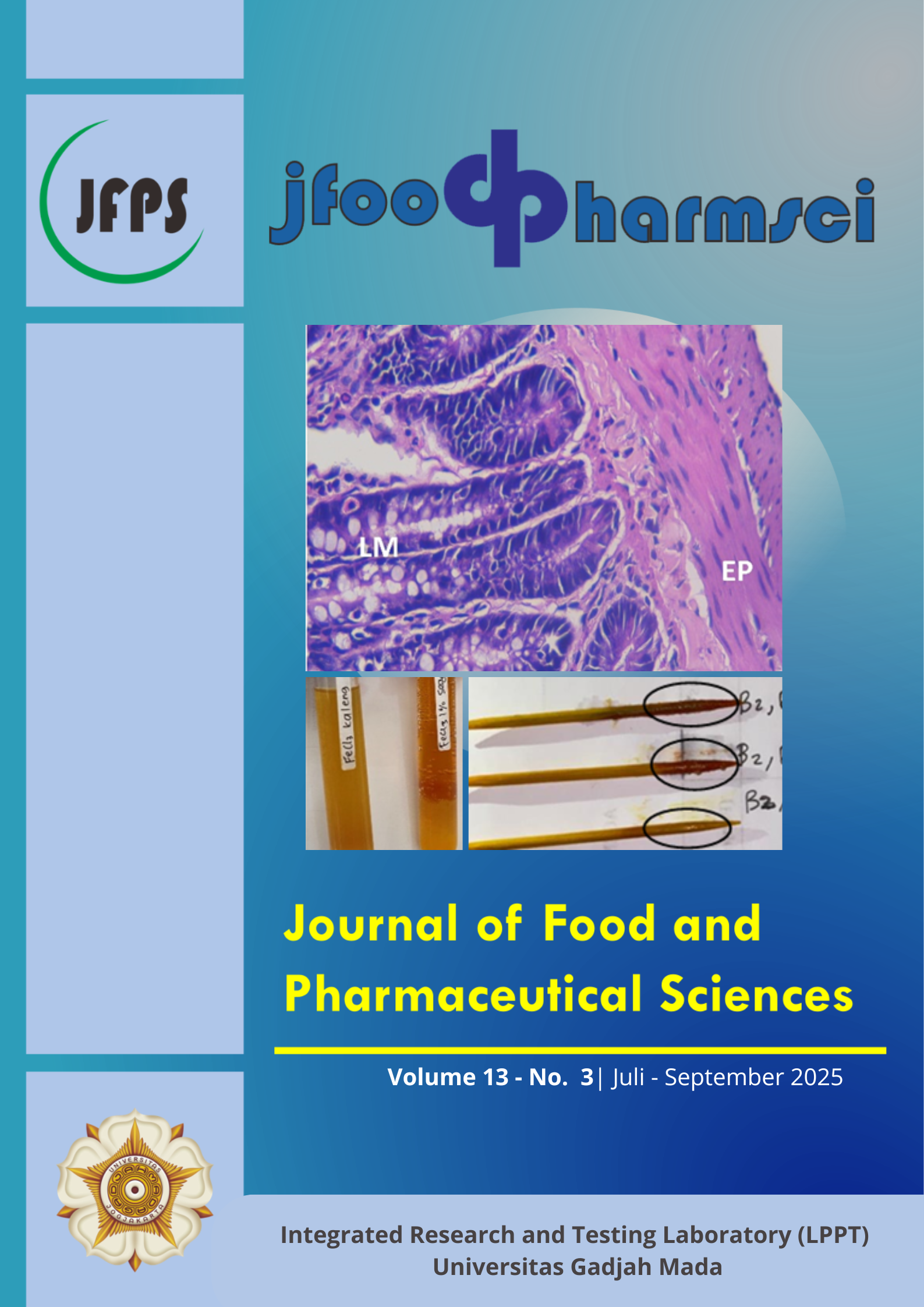Proactive Risk Governance for Pharmaceutical Adulteration in Traditional Medicines: Evidence from Indonesia’s 2022–2025 Recalls
Abstract
Pharmaceutical adulteration in traditional medicines poses a persistent public health risk, particularly in countries with weak regulatory oversight. In Indonesia, recurring violations involving undeclared pharmaceutical substances (Bahan Kimia Obat, BKO) continue to surface despite existing post-market monitoring. This study aimed to examine the extent, trends, and systemic regulatory gaps associated with BKO in Indonesian traditional medicines between 2022 and early 2025. Using a qualitative document-based content analysis, the research reviewed official recall announcements and inspection records issued by the Indonesian Food and Drug Authority (BPOM). The findings revealed a sharp increase in BKO cases from 2022 to 2024, followed by a sudden drop in 2025, raising concerns about surveillance consistency. The adulterants detected became increasingly diverse, including anti-obesity drugs, corticosteroids, and psychiatric agents, reflecting a shift in consumer-targeted illicit formulation. Regulatory challenges identified include fragmented governance, lack of traceability systems, insufficient pre-market screening, and reliance on end-product testing. The study proposes reforms such as mandatory serialization, third-party testing, and realignment of licensing accountability to manufacturers. These insights suggest that current enforcement mechanisms are reactive and incomplete. Strengthening risk governance and integrating socio-behavioral dimensions into regulation are essential to prevent recurrence and protect public health.














